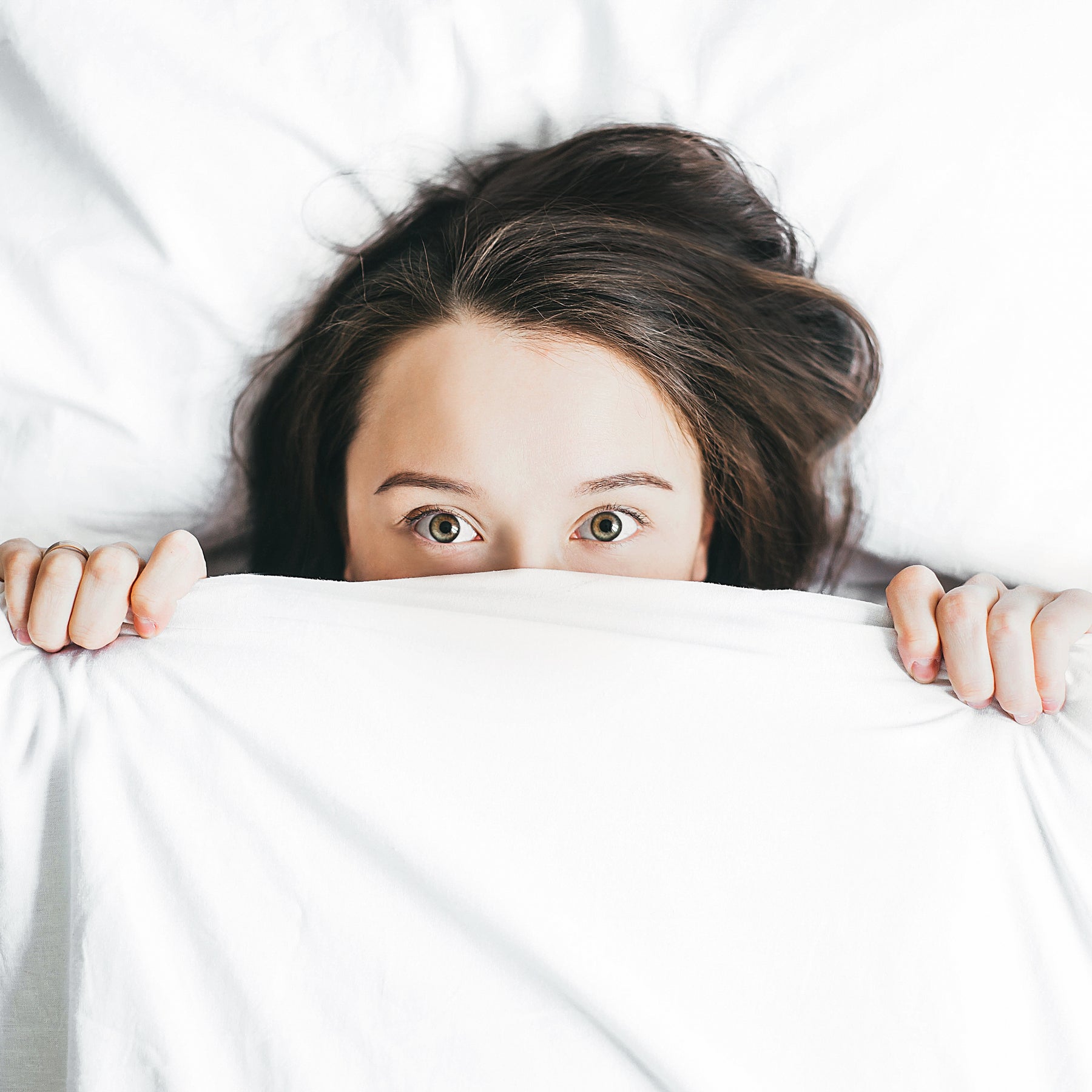
Fight Depression With This Bedtime Modification
Depression is one of the most common and most devastating medical problems physicians like myself deal with.
16 million Americans are diagnosed with clinical depression. And many more suffer under the veil of depression without an actual diagnosis.
Over the past few decades, we’ve discovered a great deal on the underlying causes of depression.
Essentially, it boils down to imbalances of essential neurotransmitters (like serotonin, dopamine, acetylcholine and more).
And while we know the mechanism that causes depression, we’re still figuring out what causes the imbalance to occur in the first place.
I’m of the opinion, that most cases of depression can be traced back to a number of factors.
My research has shown me environmental factors play a big role in disrupting the chemical makeup of the brain. These environmental factors include the kind of food you eat, the kinds of chemicals you’re exposed to daily (from cleaning supplies to pollution) and behavior/habits you engage in.
Of course, I believe there’s a genetic component to depression. But, I think the body of medical wisdom suggesting it’s all genetic is wrong.
Just like I think the same of the suggestion that treatment coming down to antidepressants only is also wrong.
I’ve written about this extensively, and a new study dealing with bedtime and wake time supports my belief.
A new research study, published in the Journal of Psychiatric Research, indicates when you go to bed has a big impact on your risk for depression.
The joint study, a combined effort by the University of Colorado Boulder and the Channing Division of Network Medicine at Brigham and Women's Hospital in Boston, MA sought to analyze how waking times affected disposition and mood.
To get their results, they reviewed the data collected in one of the largest, ongoing health studies ever conducted the Nurses' Health Study II.
With this data, the researchers looked at the various sleep and wake times of thousands of women to see what happened to those who went to bed early and woke up early...and those who went to bed late and wake up late.
At the beginning of the data-set none of the women providing information were depressed.
At the end of the data-set, (roughly 2 years in time), a statistically significant number reporting feeling depressed.
To see what may have caused this they looked at the study participants’ sleep habits.
They broke the participants up into 3 groups.
Early birds: those who went to bed early and got up early.
Night owls: People who went to bed late and got up late.
And intermediate sleepers: Those who had a combination of both sleeping patterns.
To make sure their analysis wasn’t tainted by factors unrelated to sleep, the researchers controlled for “the impact of environmental factors, such as exposure to light and work schedule, on a person's sleep-wake cycle. Other risk factors for depression — including weight, level of physical activity, existing chronic diseases, and sleep duration”
What they found was the early risers were far less likely to develop depression over time than those going to bed late and getting up late.
Their research indicated that early birds had a 12–27 percent lower risk of depression than "intermediate type" participants.
And the night owls had it even worse.
They were 6% more likely to develop depression than "intermediate types."
This l
Researcher Celine Vetter said, "Yes, chronotype (when you got to bed) is relevant when it comes to depression...but it is a small effect."
“‘[But} being an early type seems to be beneficial, and you can influence how early you are.’ she says, going on to say that people should aim to maintain good sleep hygiene, get enough exercise, and make sure they benefit from as much natural daylight as they are able to.”
Pretty much in line with what I believe.
If you’re a night owl, and think you might be headed down the dark path to depression, it may be a simple change in bedtime routine could reverse your depression destiny.
Talk soon,
Dr. Wiggy
www.HealthAsItOughtToBe.com



